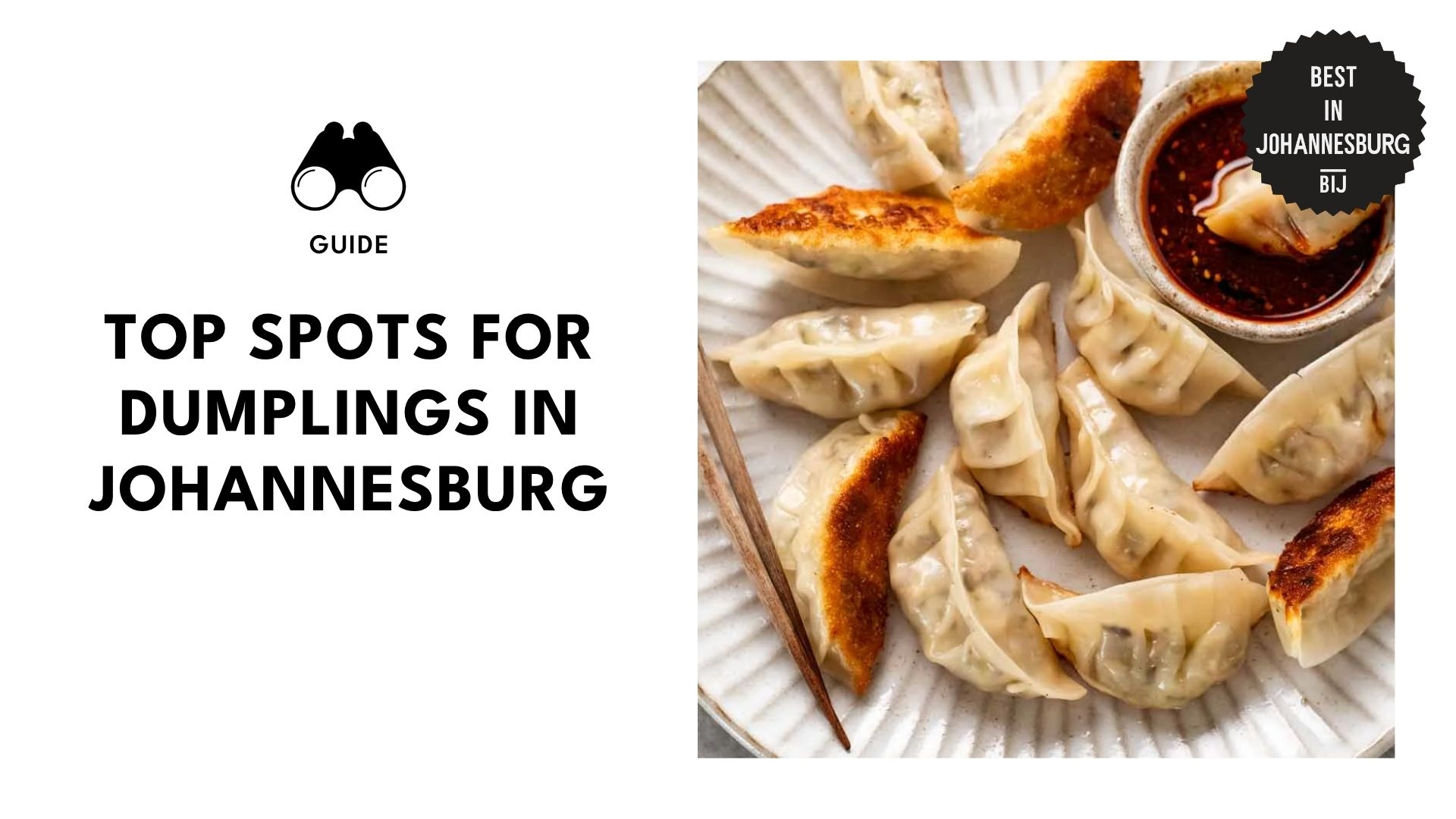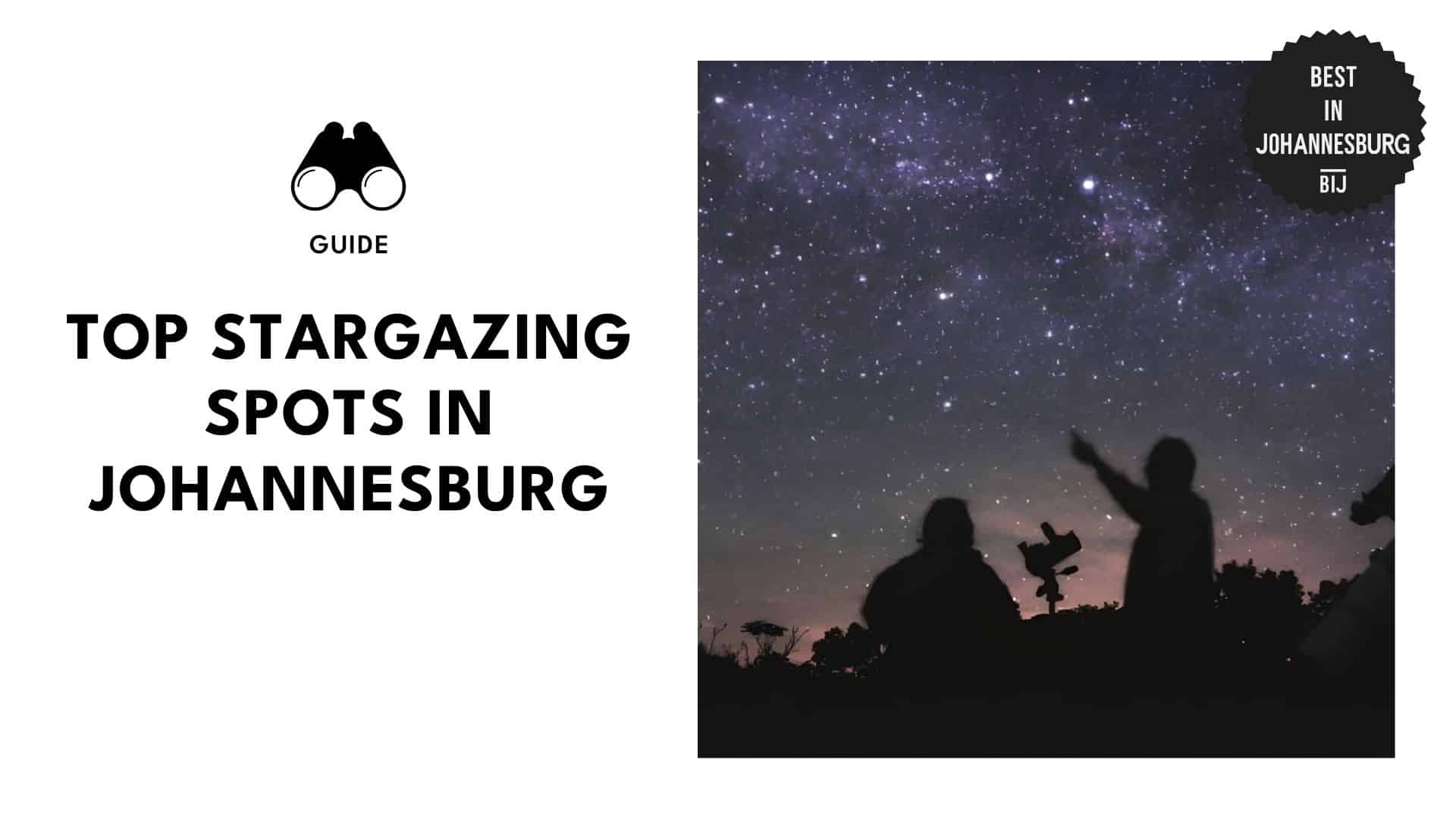Categories > Guides and Tips
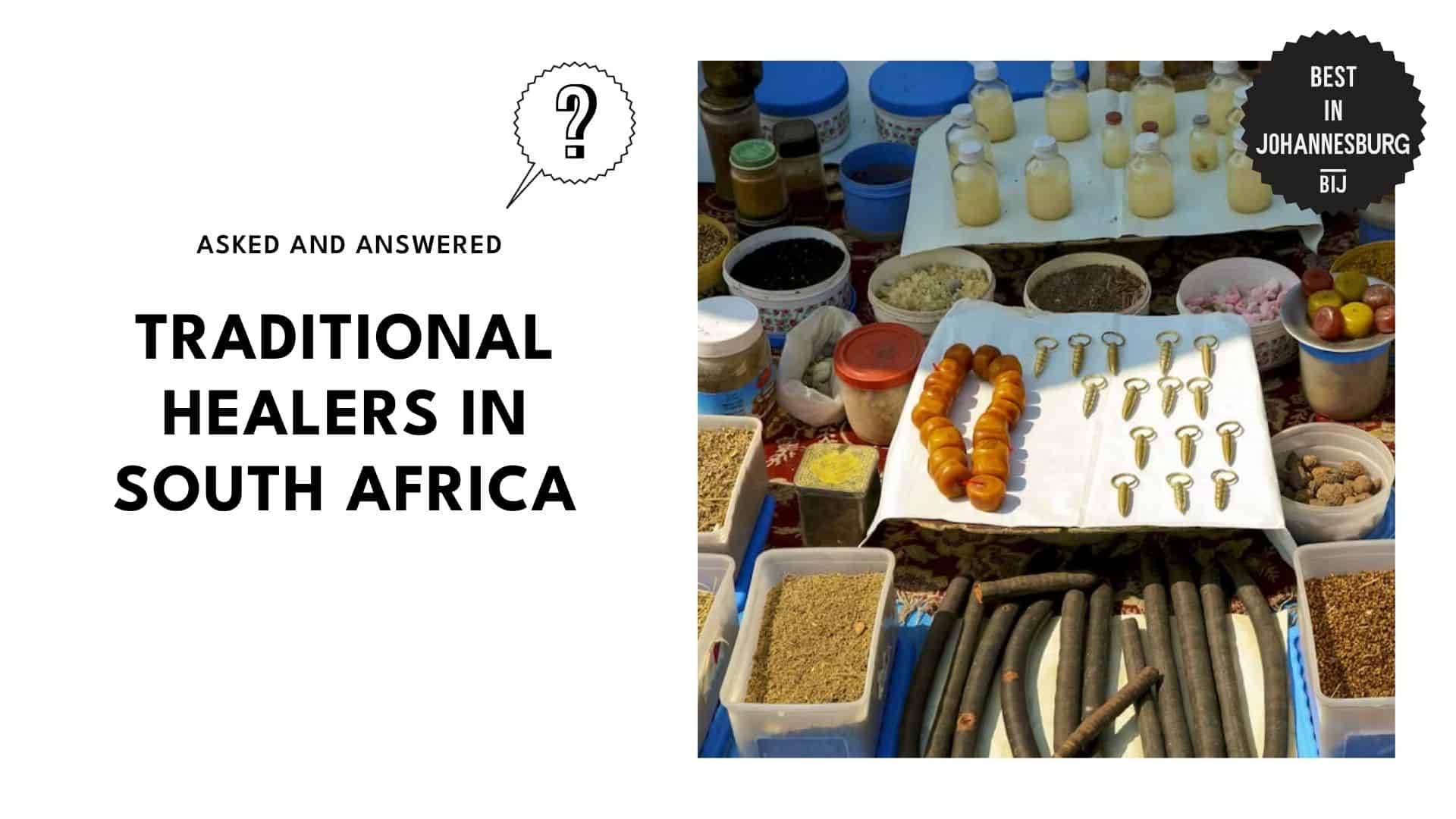
Traditional Healers in South Africa, from Past to Present
Before the advent of orthodox medicine, South Africa already had a long, storied tradition of spiritual and medicinal healing founded by indigenous tribes. The traditional healers of South Africa are highly revered and specially trained, most of them being doctors themselves, and their methods now coexist with modern medicine.
With all this being said, where does one begin on this spiritual journey? We looked into the different kinds of South African traditional healers to find the best one for your needs.
Who are the best traditional healers in South Africa?
The “best” traditional healer in South Africa for you depends on the type of healing that one needs, as the different kinds of healers specialise in different things.
There are two kinds of South African traditional healers: the Sangoma and the Inyanga.
They usually work together and specialise in different treatments entirely. Determining which one is the best for you and your situation requires a clear assessment of your situation and the values of your healer.
The Sangoma, Masters of Spiritual Healing
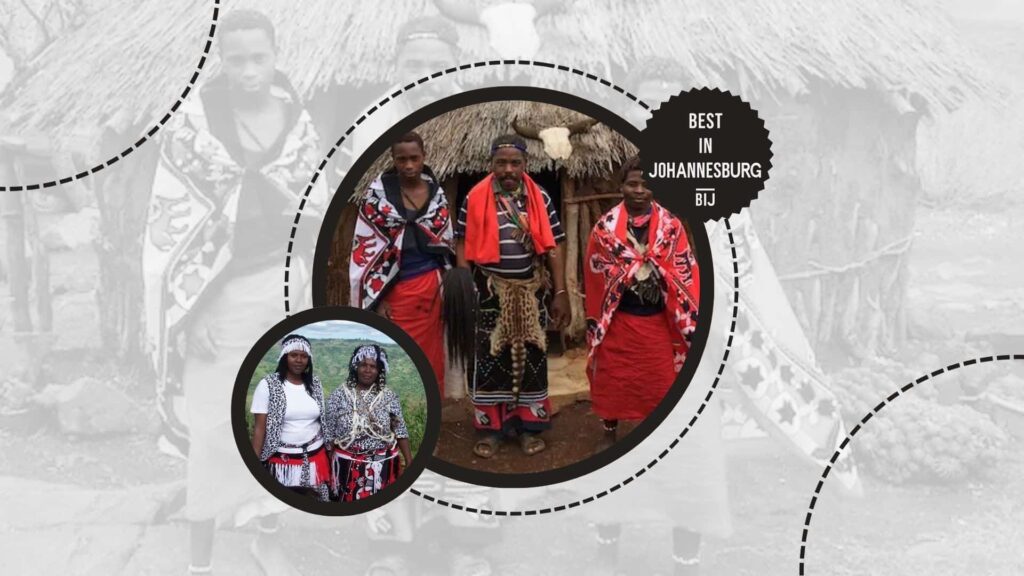
The Sangoma are spiritual healers who specialise in treating physical, mental, and emotional pain that is believed to be caused by witchcraft and angered spirits. Trained under a long formation period called the ukuthwasa, the Sangoma aims to serve as a spirit medium between an afflicted patient and the afterlife.
Sangoma typically use divination rituals to detect and assess the presence of ancient, angered spirits that have caused a person to fall ill.
Upon diagnosis, the Sangoma communicates with both the spirit and the patient to try and calm the spirit, coax them into returning to the spirit world, and heal the patient in the process.
They also use a mix of herbal treatments and animal sacrifice in the process, such as using hyena bones to receive messages and assistance from their ancestors.
The Sangomas are best consulted in matters of mental and physical health, where they have been particularly helpful in diagnosing and managing schizophrenia. The Sangomas believe that this is a form of amafufunyana, or a form of demonic possession.
The Inyanga, Sages of Herbal Medicine
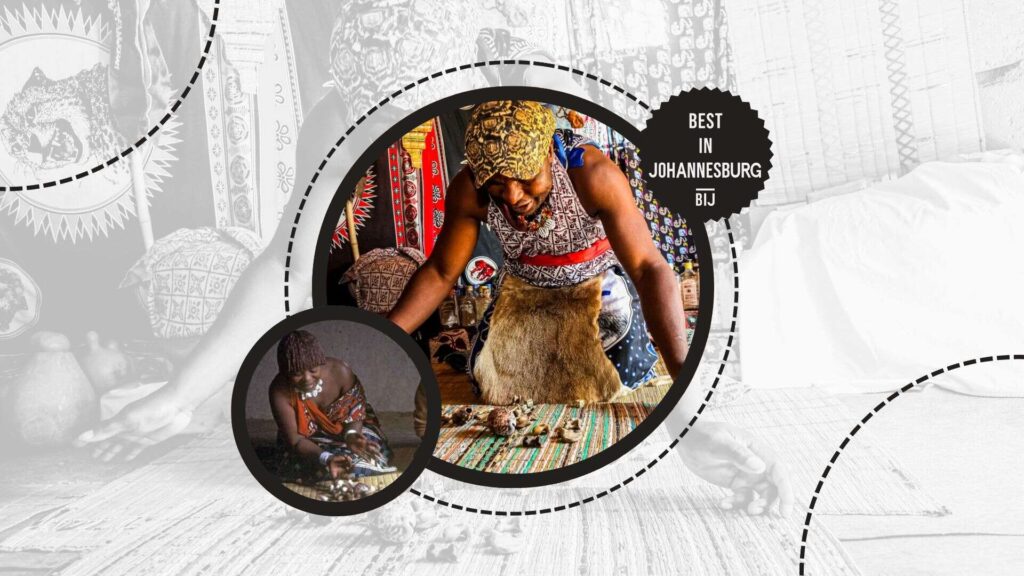
If the Sangoma deals with the spiritual realm, then the Inyanga are experts in the creation of traditional herbal medicine. This practice of creating and treating with herbal medicine is known as muti, which is derived from the Zulu and Xhosa word for “tree.”
Muti focuses on the collection and use of several kinds of plant species throughout South Africa to turn into medicine. The formulations of which are prescribed after an Inyanga consults the spirits for guidance.
Inyanga often partake in abstinence and fasting upon the preparation of the medicine, which is consumed in different ways.
The herbal medicine prepared by an Inyanga is often taken orally, through a bath, applied to an affected area, or taken nasally.
The Xhosa people of the Eastern Cape also use 11 plant species that are called Isicakathi, all of which have different applications ranging from treating urological pain to pre-natal care.
The Inyanga’s herbal medicines are used to treat all sorts of ailments such as epilepsy, deep wounds, and diarrhoea, among other things. Their treatments are both medical and spiritual in nature, as it’s believed that the herbs used contain protections against demons and angry spirits.
What is traditional healing like nowadays? Should I look into it?
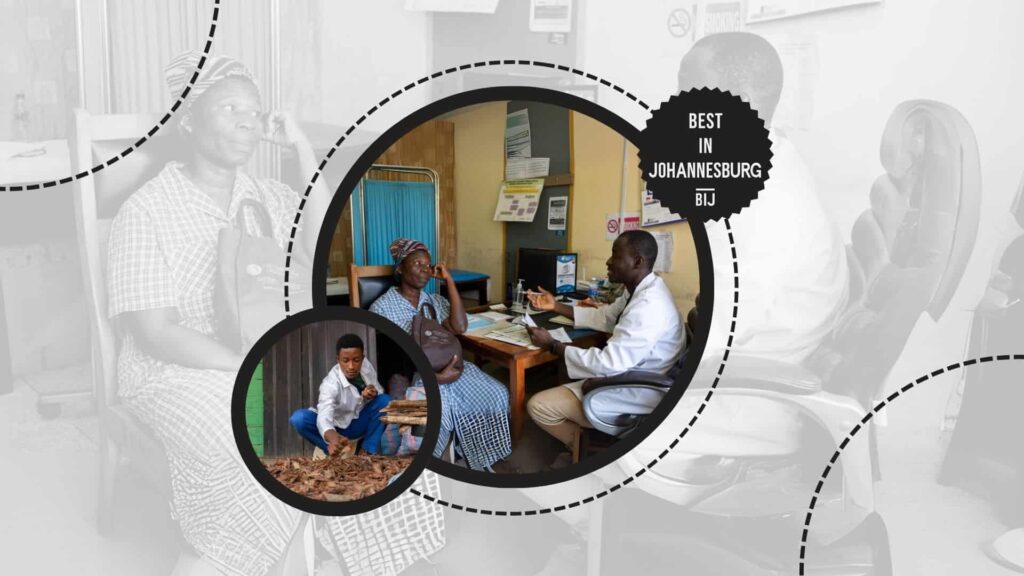
Traditional healing, at least in South Africa, sees a somewhat productive and collaborative coexistence with formal, modern medicine, as both fields continue to benefit from each other.
Traditional healers are legally recognised as “traditional medical practitioners” under the Traditional Health Practitioner Act of 2007, which furthered their acceptance and recognition in modern South African society.
Sangomas and Inyangas have also both adapted to advances in technology, using video conferencing and online mediums to conduct consultations and healing sessions.
As for the efficacy of their treatments, academic studies have shown that traditional healing has had positive effects on treating psychosis and HIV/AIDS.
However, your mileage may vary, as criticisms of the methodologies and processes of traditional healing have been prevalent. In particular, the informal nature of the practice, its involvement in animal and sometimes human sacrifice, as well as its lack of any scientific basis, has caused sceptics to question their effectiveness.
That being said, it might be worth looking into traditional healing alongside modern medicine if you’re looking for a more holistic and unique approach to health and recovery.




